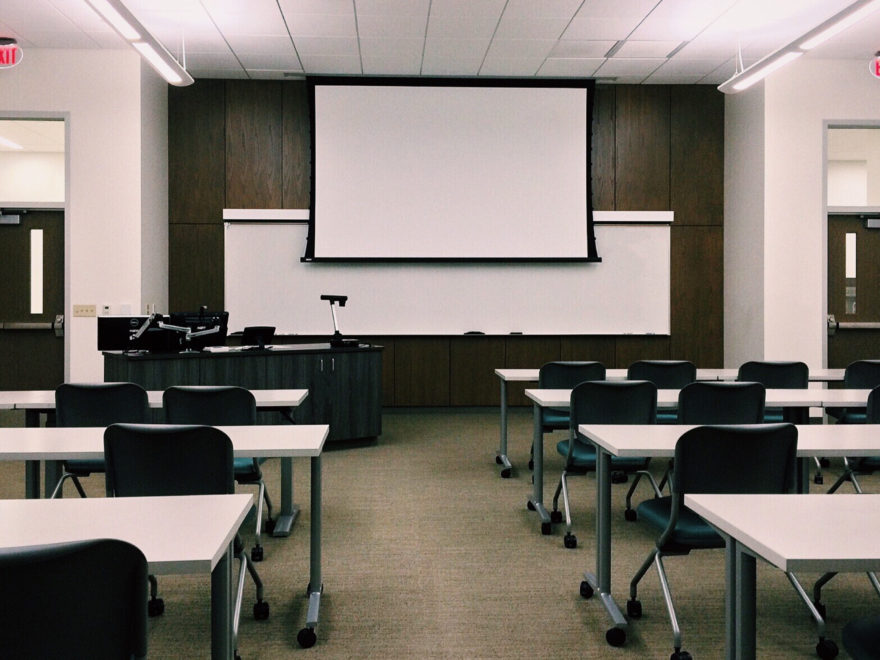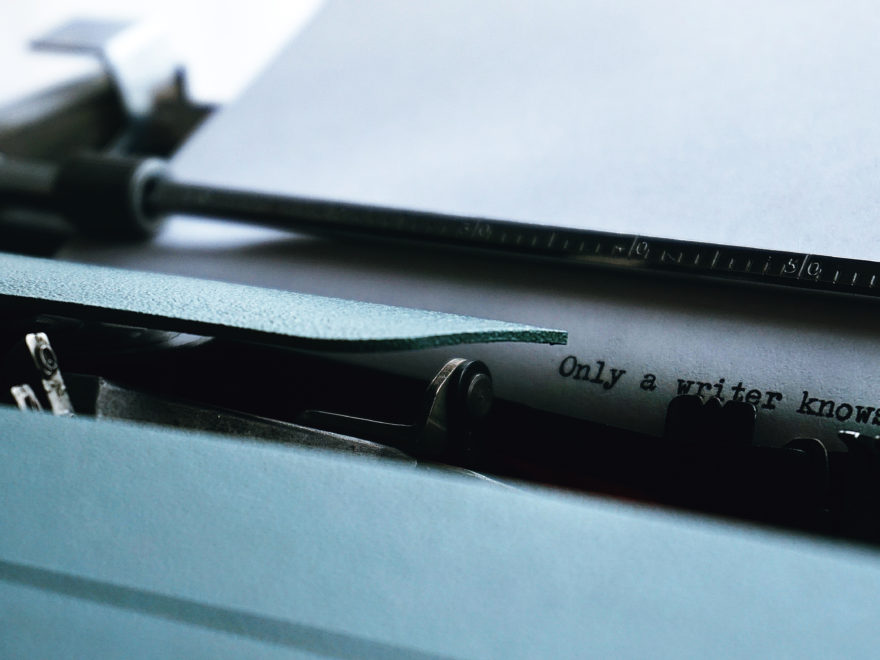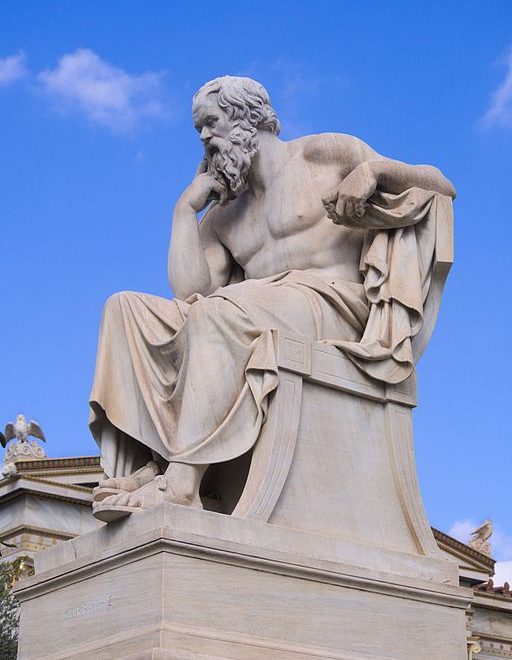Category: Classical Tradition
-

Building Ratio: Training Students to Think and Learn for Themselves
In 1947, medievalist Dorothy Sayers took the podium at Oxford University and delivered a lecture that would launch a referendum on modern methods of education. It took time, to be sure, but from our current vantage point in 2020, there is no doubt that her words left a sizeable imprint on the current educational landscape.…
-

Training the Prophetic Voice, Part 2: Speaking Truth to Power
Among the primary aims of our educational movement is to train our students in the art of rhetoric so that they can contribute meaningfully to the major cultural debates of our society. Enacting real and lasting change occurs as people dare to promote and defend what is true, good and beautiful in a world that…
-

Bloom’s Taxonomy and the Purpose of Education
One of the major themes in the classical education renewal movement has been to challenge the utilitarianism of modern education. The purpose of education, the argument has gone, is so much broader and more far-reaching than modern educators are making it out to be. It is not merely job training or college preparation, but the…
-

The Flow of Thought, Part 9: The Lifelong Love of Learning
The ‘love of learning’ is one of those phrases that is so overused in education that it feels like it has been beaten to death with a stick. Every educator and every educational model claims to promote the ‘lifelong love of learning’ for their students. I challenge you to find an engaged teacher who doesn’t…
-

The Flow of Thought, Part 7: Rediscovering Science as the Love of Wisdom
In this series we’ve been finding arguments for a classical education from the unlikely realm of positive psychology, particularly Mihalyi Csikszentmihalyi’s classic Flow: The Psychology of Optimal Experience. After connecting the concept of flow with Aristotle’s link between virtue or excellence and eudaimonia (happiness or flourishing), we’ve been racing through aspects of the liberal arts…
-

The Writing Process: Sentences, Paragraphs, Edit, Repeat
Why do we need instructions on a shampoo bottle? After only a few training exercises, any three-year-old can operate a shampoo bottle. Yet every bottle of shampoo I can find has instructions. The sequence, “lather, rinse, repeat,” became such a well-known instruction that it took on meme status in culture. Brian Regan has taken on…
-

Writing on Purpose: How Ought We to Instruct Young Writers?
To teach writing is to teach an art form. It takes lots and lots of practice to write well. The way we think about writing can sometimes limit students, so that they don’t gain the practice they need to write effectively. In order to write effectively there are three concepts that should guide our goals…
-

In Search of Happiness, Part 1: The Road of Virtue
In 1952, Dr. Norman Vincent Peale, an Ohio-born pastor who went on to minister for fifty-two years in New York City, published a book that would go on to change his life and career trajectory. The book’s title? I’m sure you’ve heard of it, at least, as an idea. It’s called The Power of Positive…


